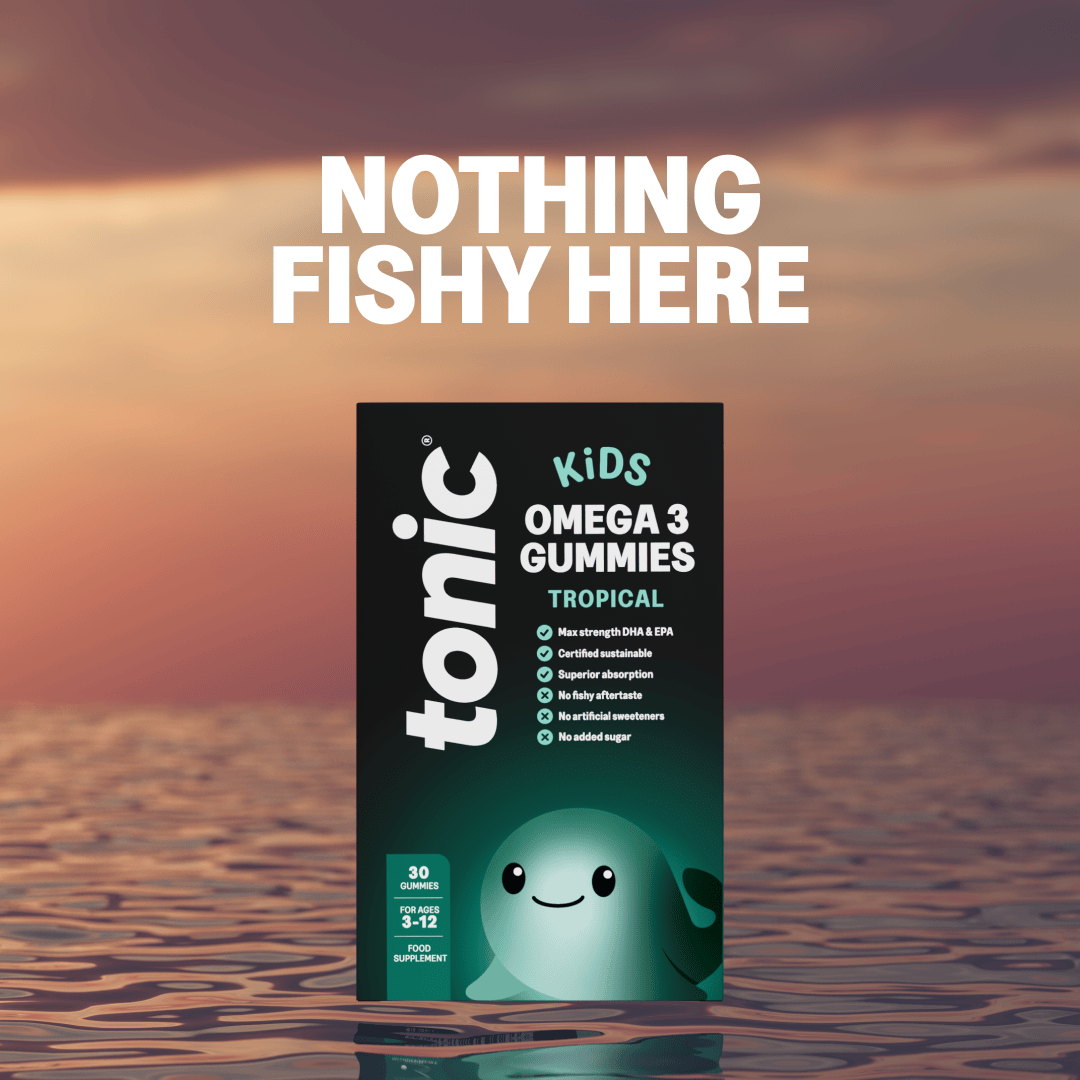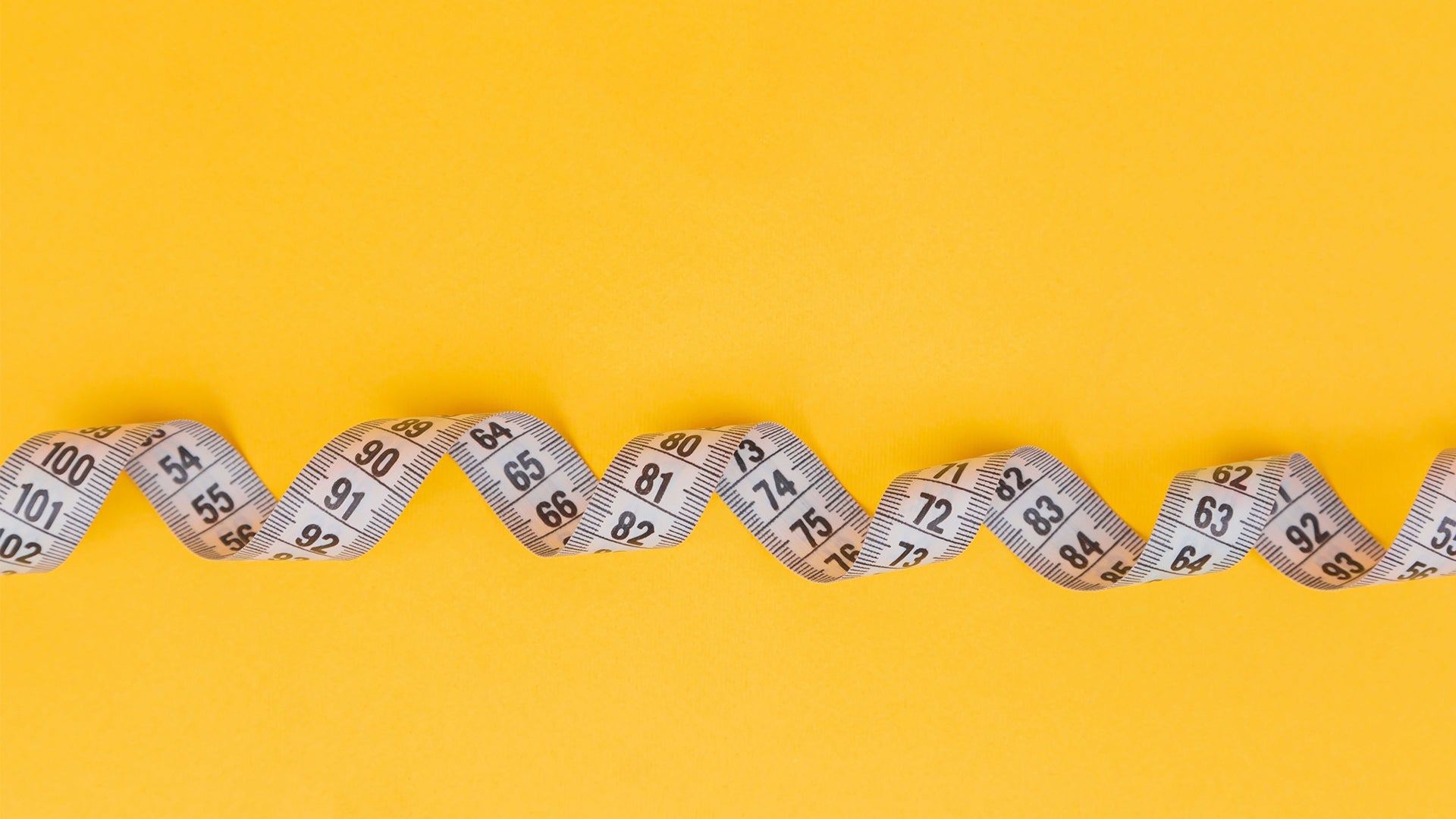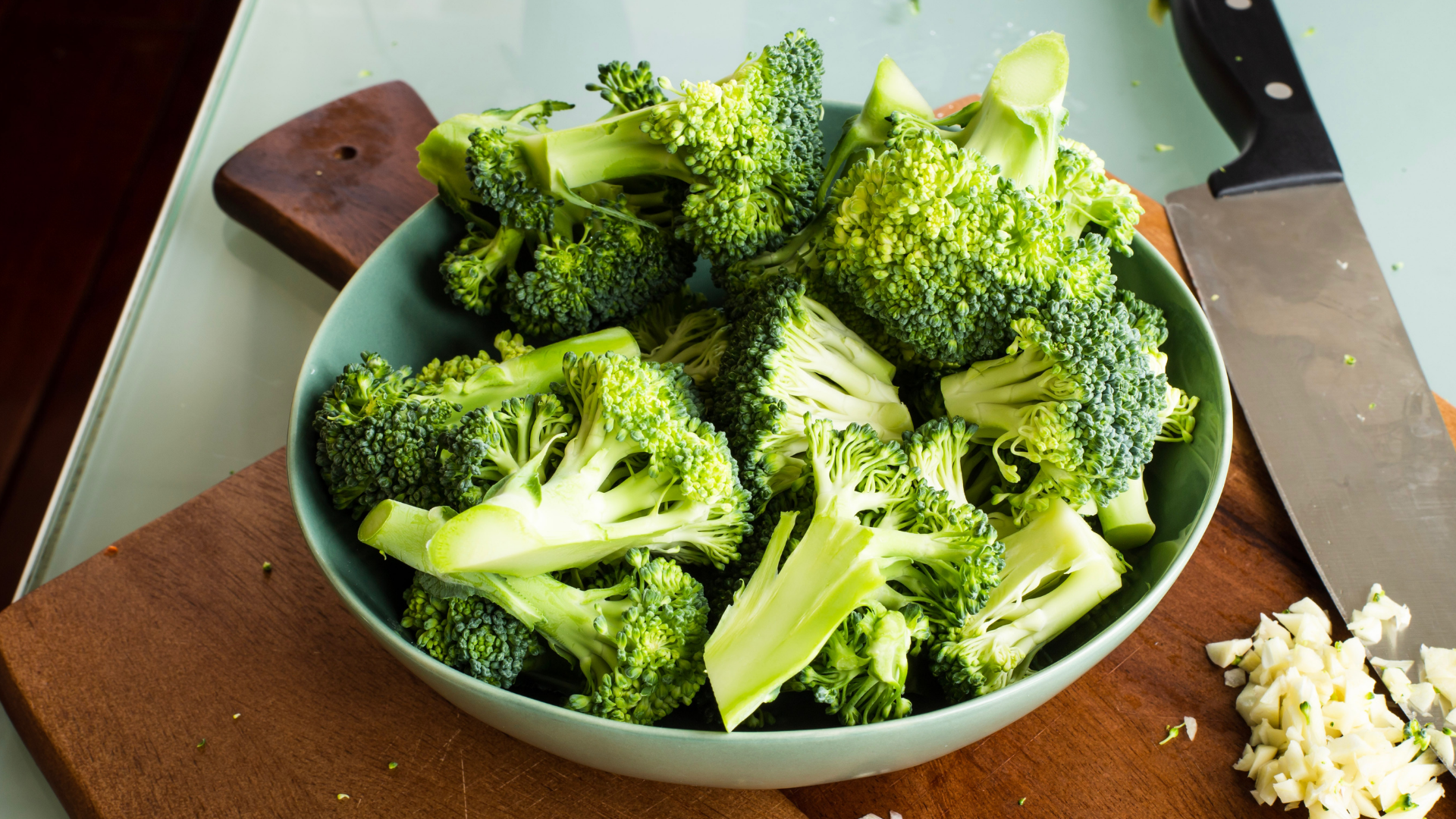As an essential nutrient, vitamin A serves various purposes – including supporting your immune system, helping you to see in low-light conditions, and protecting the health of your skin. However, vitamin A can be consumed in two different forms: as retinoids and as carotenoids.
The differences between these two types of vitamin A are somewhat subtle. Nonetheless, you could find yourself in situations where your health would benefit from some knowledge of these differences.
The short story is that retinoids and carotenoids can bring similar benefits to your health, but through distinct avenues.
How do retinoids and carotenoids basically differ?
Retinoids can be seen as vitamin A in its purest form. Retinoids include retinol, retinal and retinoic acid – all of which are otherwise known as preformed vitamin A, as they are ready for the body to use as soon as they are consumed. This is especially true in the case of retinol.
Meanwhile, carotenoids – also termed phytonutrients – are plant chemicals responsible for the bright red, yellow and orange pigmentation seen in many fruits and vegetables. Carotenoids include beta-carotene – which, once digested by the body, can be converted into vitamin A.
It might be most useful – and simple – to see retinoids as originating in animal products, such as salmon, eggs, fish and dairy products, and carotenoids as the plant-based vitamin A. Good sources of carotenoids include carrots, tomatoes, mangoes, apricots and plums.
Where does all of this leave vitamin A supplements? Some of these blend retinoids with carotenoids, while others comprise only one or the other. You can also find vitamin A in many multivitamin and mineral supplements – although, as will be explained, you should be careful about how you take vitamin A.
Do you need to choose between retinoids and carotenoids?
The short answer is: possibly. As carotenoids are not bioavailable, your body must convert them into retinoids in order to realise the nutritional benefit. However, the Healthline website lists numerous types of people whose bodies may struggle to convert carotenoids in this way.
These people include premature and food-vulnerable infants, food-vulnerable women who are pregnant, and people with cystic fibrosis – while, in some cases, genetics can potentially be a factor, too. For reasons like these, retinoids are often the preferred form of vitamin A.
Nonetheless, whatever way you consume vitamin A, you can expect to see a wide range of benefits for your health – including for your eyes, skin and reproductive health. Vitamin A in either form is also a solid choice if you want to strengthen your immune system.
Roughly how much vitamin A should you take for optimum health?
When you look up the total vitamin A content of a food, drink or supplement on its packaging, you are likely to see the value expressed as micrograms. The NHS advises that men aged 19 to 64 take 700 micrograms daily, with 600 micrograms the advised amount for women in that age bracket. Nonetheless, research suggests that there is such a thing as consuming “too much” vitamin A, with your bones potentially likelier to fracture as you age if your daily intake of the nutrient continues to exceed 1,500 micrograms. You may therefore find that the amount of vitamin A you take from your diet alone suffices for helping to safeguard your all-round health.




Leave a comment
All comments are moderated before being published.
This site is protected by hCaptcha and the hCaptcha Privacy Policy and Terms of Service apply.